In this issue, we want to look at five Biblical principles related to estate planning. We trust you will find this study to be of interest and value, as you review or plan your estate. The principles are as follows:
- God is the owner of all.
- We are responsible for those dependent on us.
- The motivation for all giving is love.
- People are always more important than dollars.
- It is required of a steward to be found faithful.
When you think of estate planning, do you think of wills, trusts, probate, taxes, and property ownership? All of those are important issues. But without a Biblical foundation for the development of the estate plan, the mechanical process will mostly be in vain.
What does it profit us if we avoid probate, eliminate taxes, and distribute without delay, if that distribution:
- is contrary to God’s plan of stewardship for our estate?
- is used for purposes that do not reflect our Christian lifestyle?
- results in harm rather than good, in the hands of personal and charitable beneficiaries?
Through the study of these five Biblical principles, we trust that we can determine God’s plan of stewardship for our estates. Let’s review the Biblical principles that affect a Christian’s estate plan, and then look at how we can find God’s plan of stewardship for our estates.
Principle 1:
The foundation on which a Christian’s estate plan is built is the recognition that God is owner of all.
The cattle on a thousand hills, houses, land, silver, gold—all are rightly God’s. In fact, the earth in its fullness belongs to God.
Principle 2:
We have a responsibility to those financially dependent on us.
To family:
“But if any provide not for his own, and specially for those of his own house, he hath denied the faith, and is worse than an infidel.” (I Timothy 5:8) It says nothing about prospering them, nor does it say anything about those who have grown up and left the household.
To other believers:
There were few financial needs among the believers in the early church, because those who had property used it to meet the needs of other believers.
To the poor:
Probably more is said in the Scriptures about giving to the poor than any other giving.
II Corinthians 9:8-9 says, “And God is able to make all grace abound toward you; that ye, always having all sufficiency in all things, may abound to every good work: As it is written, He hath dispersed abroad; he hath given to the poor: his righteousness remaineth for ever.”
Principle 3:
Love must be the basis of all giving.
“God so loved . . . that He gave . . .” sets the pattern for our giving. In I Corinthians 13, we read that if a man gives all he has to the poor without love, he gains nothing. Love makes a person a cheerful giver, and God loves a cheerful giver.
Principle 4:
People are more important than dollars.
People are often more concerned about avoiding probate or taxes, than they are about the effect of dollars upon beneficiaries.
The parable of the prodigal son illustrates how distribution of wealth can change a lifestyle. It can also create conflict. Even when the son returned home, the family was split over one ring, one coat, one calf, and one pair of sandals. Household goods and personal effects, guardianship of minor children, personal representative of the estate, and the management of property in case of incompetency are areas where families often have problems. A lot can be done to reduce the potential of conflicts between the beneficiaries of our estates.
Principle 5:
It is required of a steward to be found faithful.
If God is the owner of all, we as stewards have a responsibility to find His plan for the distribution of the property He has entrusted to us.
How do I find God’s plan of stewardship?
Step 1: Make a list of all financially dependent individuals—husband, wife, aged parents, and minor children. You may wish to also include charitable organizations in this list.
Step 2: Make a list of individuals to whom you will give because of love.
Though they are not financially dependent, you can give what you have out of love, if that is God’s plan.
Step 3: Make a list of all your property—what you own, how you own it, when you bought it, how you paid for it, and what it is worth today.
Step 4: Reduce those values to cash. Forget the fact it is houses, land, stocks, bonds, insurance—assume it is cash. This will help you understand its impact upon your beneficiaries.
Step 5: Make a plan today. If death had occurred last night, how would you want the “cash” divided among the people listed previously?
Step 6: Before you give it away, pray and ask the Holy Spirit to reveal His plan of distribution.
God is the owner of it all, so why shouldn’t He guide its distribution? He is the only One who knows what impact dollars will have upon the people to whom we want to give . . . whether it will make them stronger, or whether like the prodigal son, it will destroy a lifestyle.
Now it’s time for the tools, taxes, and techniques.
Once you have found God’s plan of stewardship, it must be placed in writing to guarantee it will be carried out. We call it an estate plan. It is important that we distribute the property God has entrusted to us, to the beneficiaries He has revealed to us, with the least amount of costs and delays. We can now work with some of the tools, taxes, and techniques to accomplish this. To help you begin this process, or to assist you in reviewing your existing estate plan, we offer an Estate Planner. Please use the enclosed response coupon to request your free copy today.






